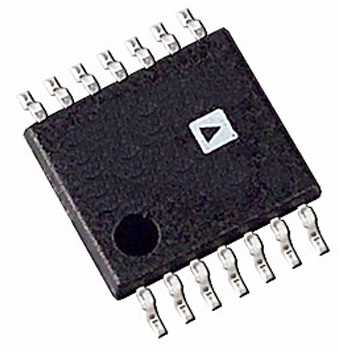
In the realm of electronic engineering, every component holds within it a world of possibilities, waiting to be unlocked by the adept hands of innovators and designers. Within the vast landscape of technical documentation lies a treasure trove of insights, offering glimpses into the capabilities and applications of intricate electronic parts.
Delving into the intricacies of a particular component, these documents serve as guiding lights, illuminating pathways for engineers to navigate through the complexities of their creations. In this exploration, we embark on a journey to decipher the nuances of a noteworthy component, uncovering its functionalities, applications, and potential impact on the electronic ecosystem.
Within these pages, lies not just a mere collection of specifications, but a narrative of innovation and ingenuity, waiting to be embraced by those who dare to push the boundaries of what’s possible.
Understanding the Technical Documentation for AD5280
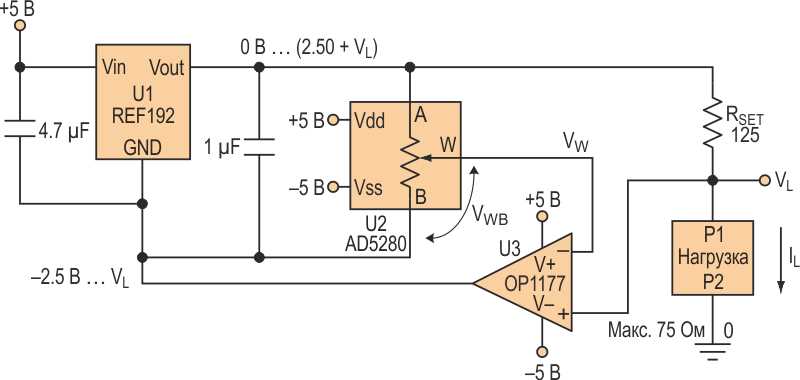
In navigating the technical documentation for electronic components like the AD5280, it is imperative to decipher the intricacies without being overwhelmed by the jargon. This section aims to demystify the content provided, offering insights into its structure and significance.
Deciphering Component Specifications
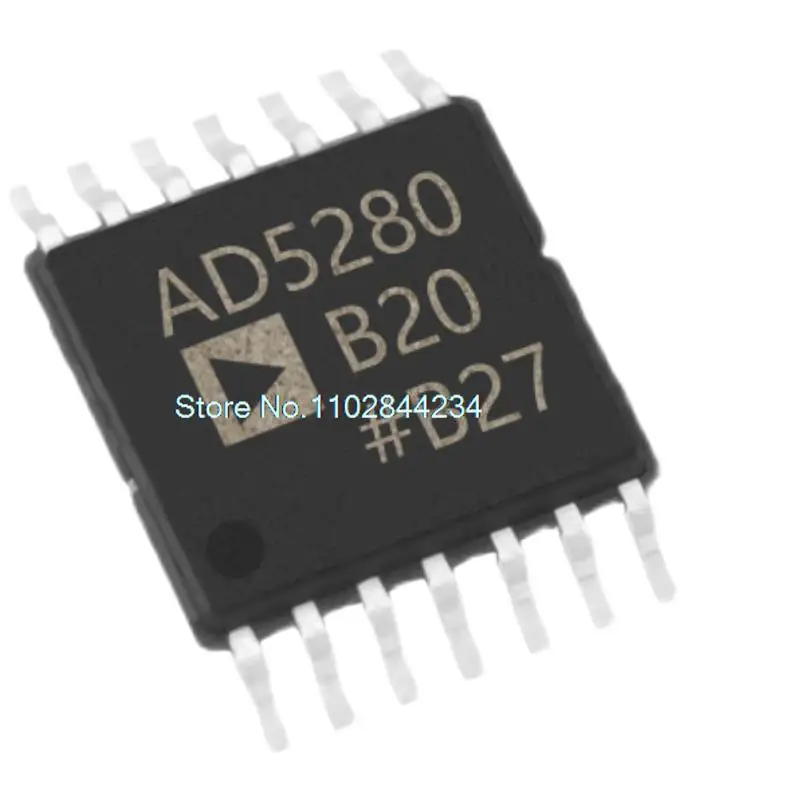
Embedded within the documentation are specifications that serve as the blueprint for understanding the component’s capabilities and limitations. These specifications encapsulate the performance metrics and operational parameters critical for integration within electronic systems.
Interpreting Functional Diagrams and Graphs
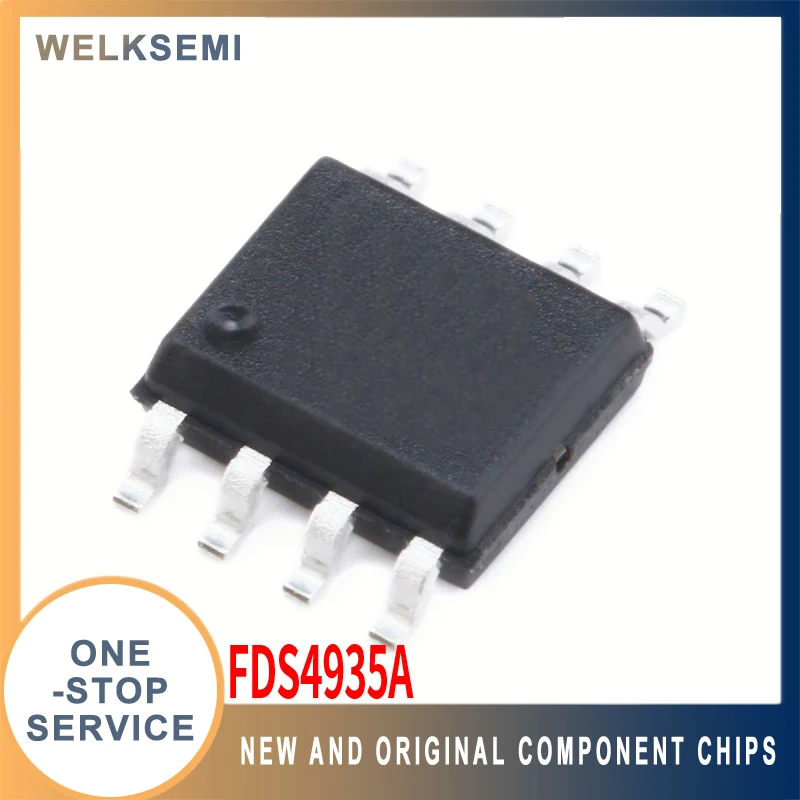
Complementing the textual specifications are visual representations in the form of diagrams and graphs. These graphical aids provide a holistic view of the component’s functionality, illustrating relationships between various parameters and aiding in the assessment of performance under different conditions.
| Section | Description |
|---|---|
| Specifications | Details the operational parameters and performance metrics. |
| Functional Diagrams | Visual representations illustrating component functionality. |
| Graphs | Graphical depiction of performance characteristics. |
Exploring Key Features and Specifications
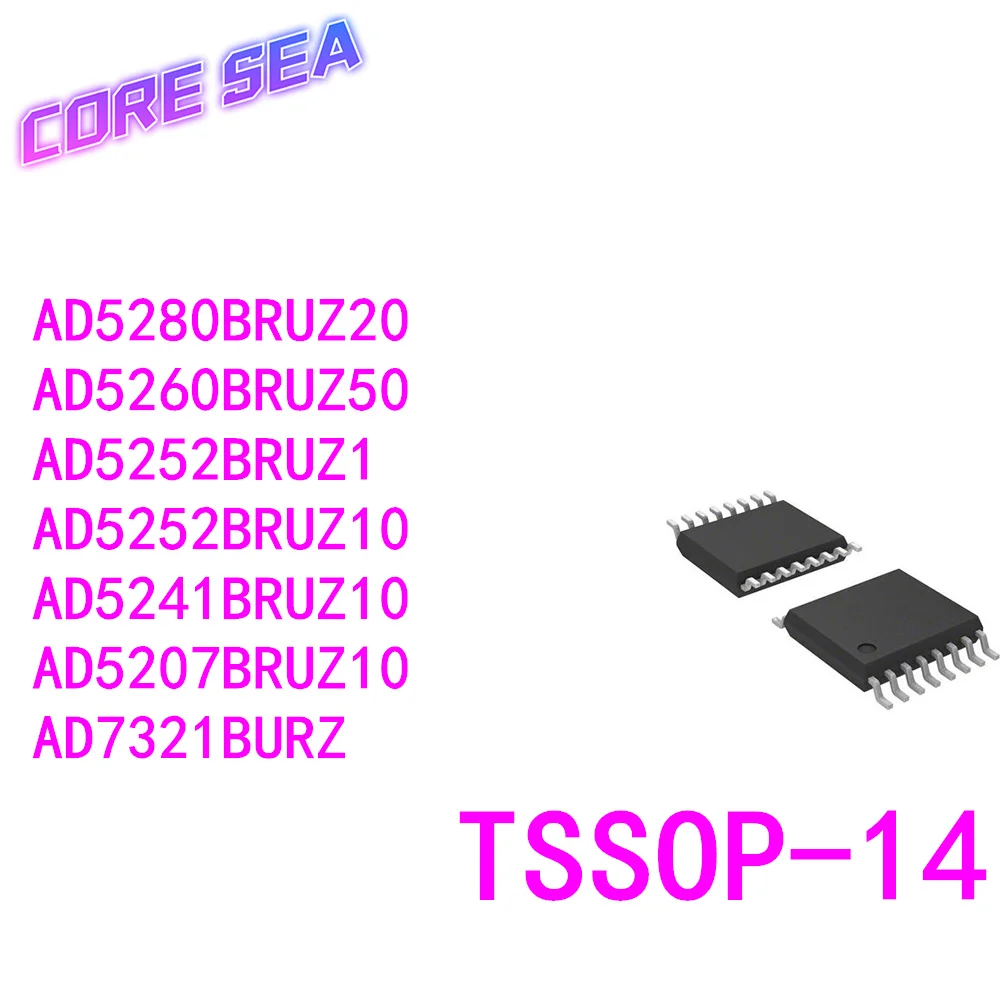
Delve into the intricacies of the cutting-edge components embodied within the AD5280, uncovering its myriad functionalities and technical attributes that propel it to the forefront of electronic innovation.
Versatile Functionality
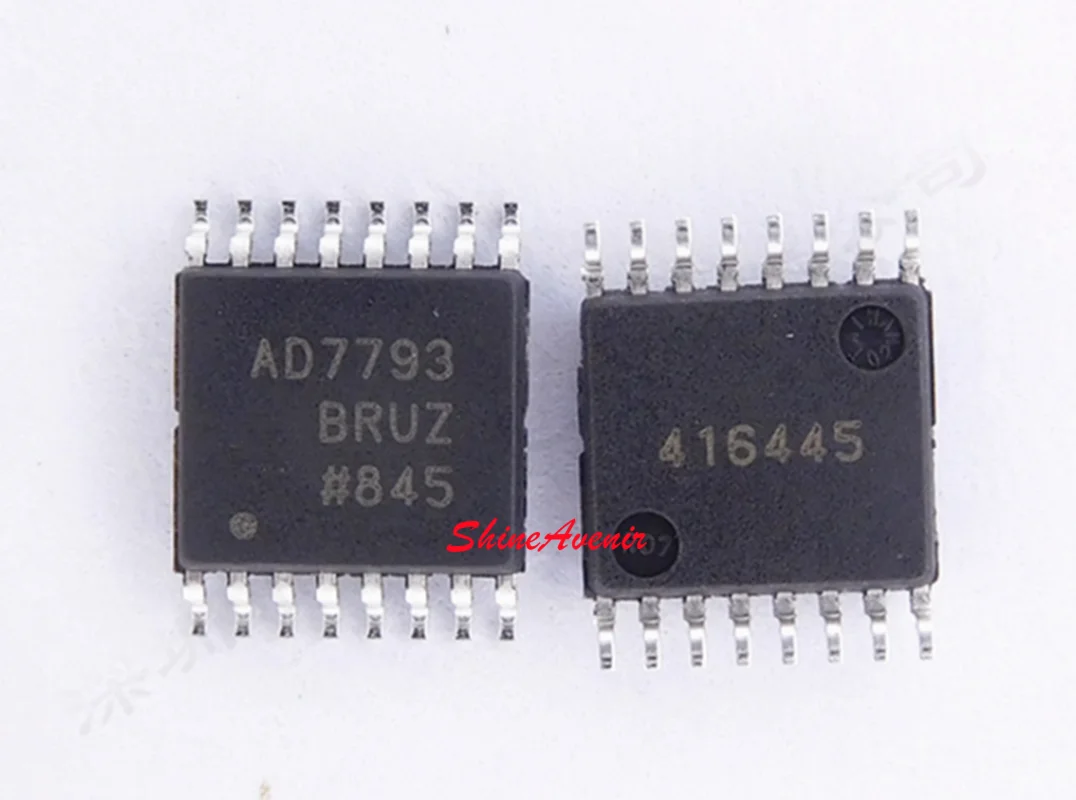
Discover the diverse capabilities encapsulated within this device, showcasing its adaptability across a spectrum of applications. From precision voltage regulation to dynamic signal processing, its versatility empowers engineers to craft solutions tailored to specific needs.
Performance Metrics
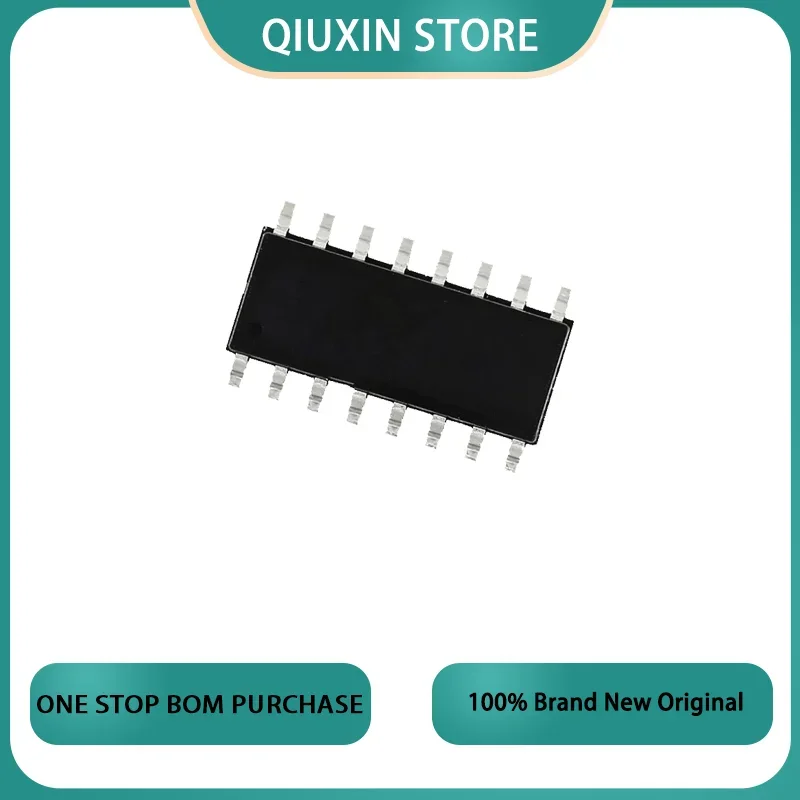
Unravel the performance metrics that underpin the AD5280, ranging from speed and accuracy to power consumption and thermal management. These quantitative measures serve as benchmarks for evaluating its efficacy in real-world scenarios, ensuring optimal functionality and reliability.
Application Insights and Implementation Tips
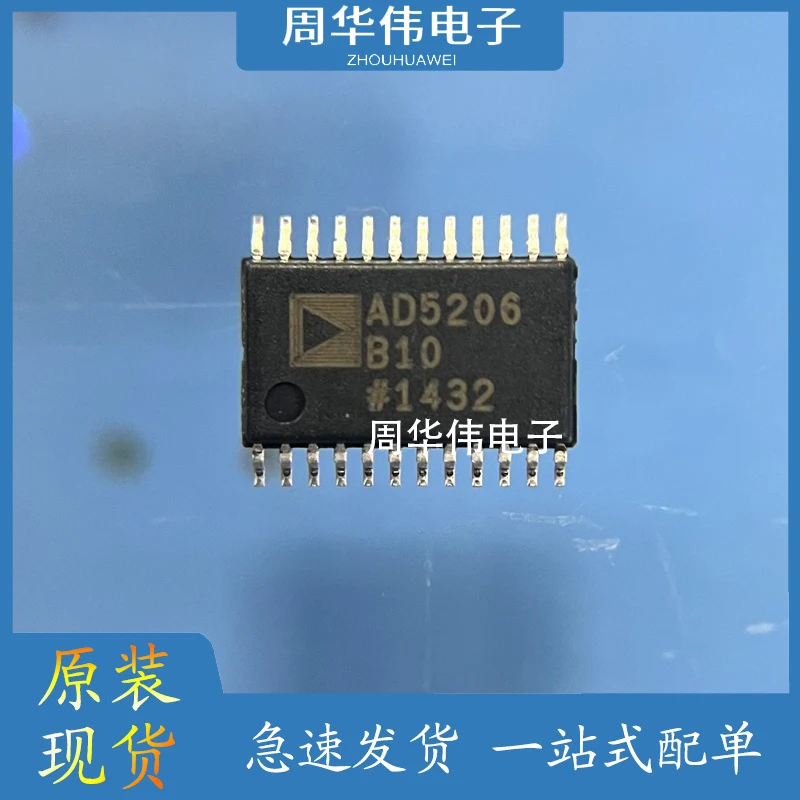
In this section, we delve into the practical aspects and strategic considerations surrounding the utilization of the AD5280 device. Understanding its operational dynamics and integration nuances is essential for harnessing its full potential in various applications. We provide insights into the key factors influencing effective implementation and offer tips to optimize performance.
Understanding Operational Dynamics
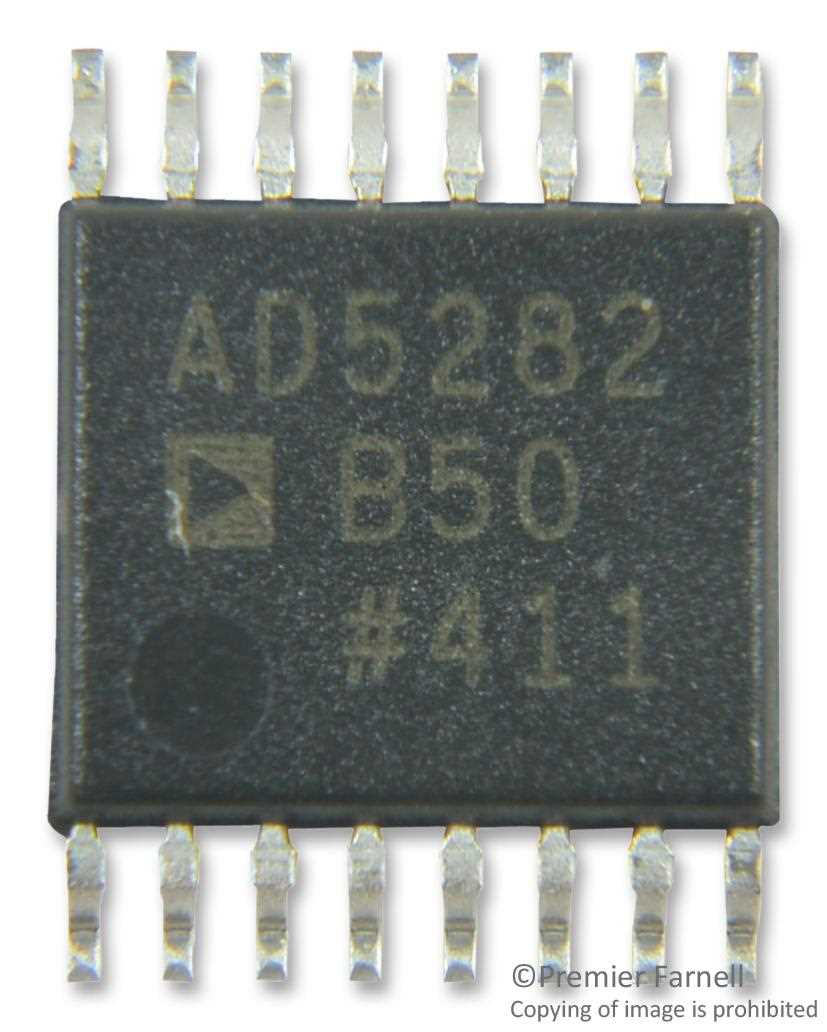
Before delving into implementation strategies, it’s imperative to grasp the operational dynamics of the component at hand. This entails comprehending its functional principles, operational parameters, and inherent limitations. By elucidating these aspects, users can gain a deeper insight into how the device interacts within the context of their specific application scenarios.
Optimizing Performance: Implementation Tips
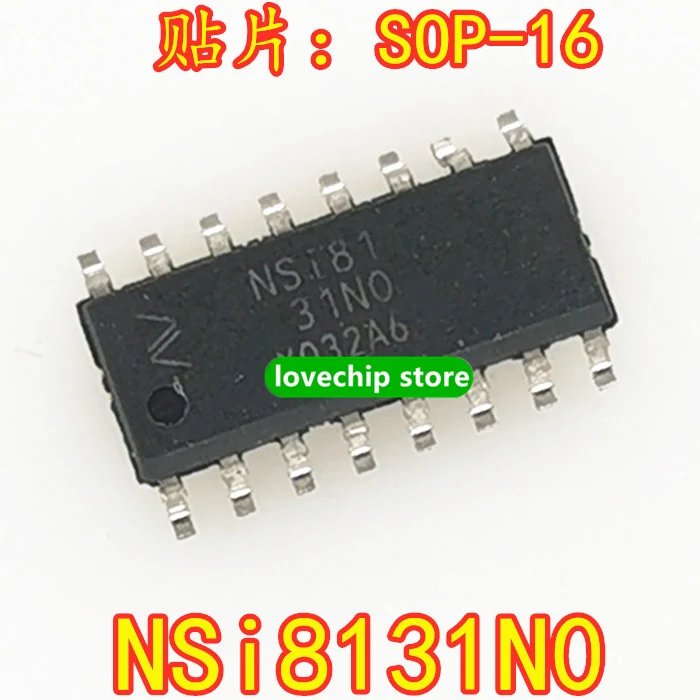
Maximizing the efficacy of the AD5280 entails adept implementation strategies tailored to individual requirements. This involves meticulous attention to circuit design, signal integrity, and environmental considerations. Additionally, optimizing power management schemes and ensuring proper calibration procedures are pivotal in enhancing overall performance. By adhering to best practices and leveraging insightful approaches, users can unlock the full potential of the device while mitigating potential challenges.
| Aspect | Consideration |
|---|---|
| Circuit Design | Optimize for signal integrity and noise immunity. |
| Power Management | Implement efficient power distribution and regulation mechanisms. |
| Calibration | Establish robust calibration procedures to ensure accuracy and stability. |
Optimizing Device Performance and Troubleshooting Guidance
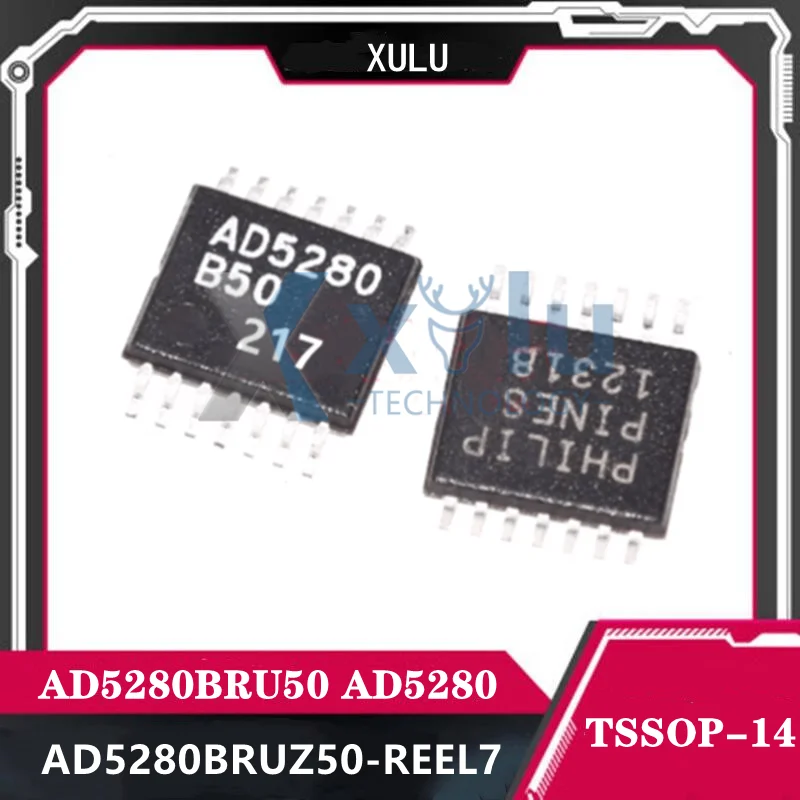
In this section, we delve into strategies for enhancing the functionality of your device while addressing common issues that may arise during operation. By implementing these optimization techniques and troubleshooting approaches, you can maximize the efficiency and reliability of your system.
Performance Enhancement Strategies
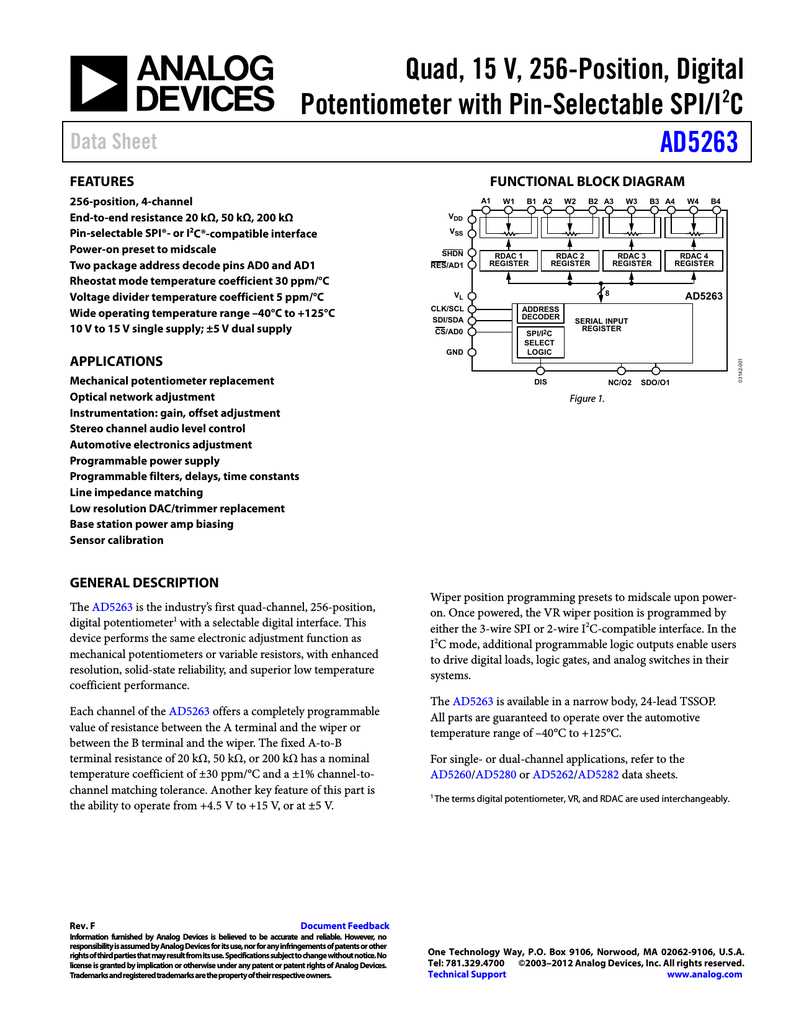
To achieve optimal performance, it is essential to fine-tune various parameters and configurations of the device. This includes optimizing input/output settings, calibrating sensor readings, and minimizing signal interference. Additionally, leveraging advanced features such as dynamic scaling and adaptive filtering can significantly enhance the device’s overall efficiency and accuracy.
Troubleshooting Techniques
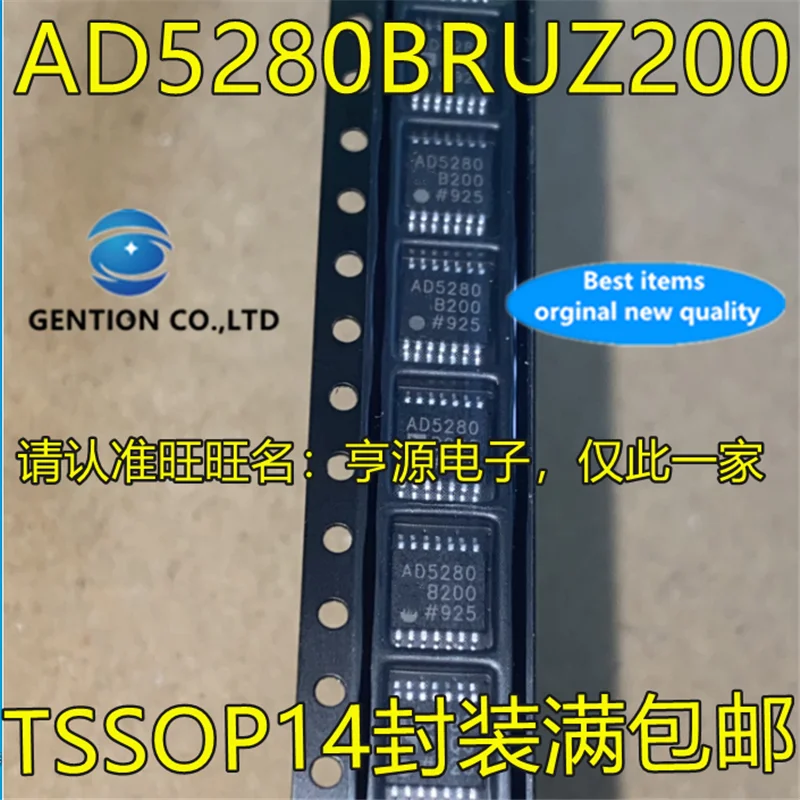
Despite meticulous planning and implementation, encountering challenges is inevitable. Therefore, having a systematic approach to troubleshooting is crucial for swift resolution. This involves identifying potential sources of error, conducting comprehensive diagnostics, and utilizing diagnostic tools if available. Additionally, establishing clear communication channels for reporting and resolving issues can streamline the troubleshooting process and minimize downtime.